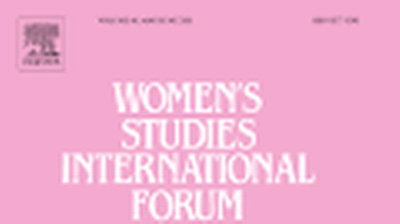The Political Economy of the Budget in Malawi
Timeframe: Feb 2004 - Jul 2004
Funder: DFID
Lise Rakner
Professor at University of Bergen and Associated Research Professor
What can explain the apparent lack of political will to formulate, implement and monitor the budget process and public financial management in accordance with the overall goals of the Malawi Poverty Reduction Strategy (MPRS)? This study conducted by a team of international consultants for DFID Malawi seeks to unpack the concept of political will through an analysis of the formal and informal institutions and enforcement mechanisms determining how government, civil society, the private sector and donors in Malawi interrelate in the budget process.
In this study we understand the budget and public financial management and accountability as interlinked processes that manifest themselves at three main stages of the budget process: i) The formulation of the budget, ii) Budget implementation, and iii) Evaluation/budget oversight. Focussing on the qualitative aspects of the budget process, we ask: What are the formal and informal institutions that affect the budget process in Malawi?
We understand political will to carry out a budget process that is consistent with a pro-poor policy agenda as explained by: Capacity to carry out their pro poor mandate; commitment to the pronounced policy agenda (MPRSP); interests affecting their policy choices
Main findings:
From the process of planning and formulation the budget, through its implementation and oversight, the study concludes that the budget process in Malawi provides no realistic estimate of revenue or spending. Simply put, the budget process is a theatre that masks the real distribution and spending. All the actors, civil society, government, and donors seem aware that many of their statements and actions have little bearing on actual distribution of resources. Yet, all stakeholders 'act' as if the budget planning and formulation will actually have a bearing on the actual implementation and distribution of resources. At each stage in the budget process, formal and informal institutions interact. Though legislative changes, donor conditionalities, and capacity-building, have increased formal institutions. Yet decisions continue to be influenced by informal practices. Their continued prevalence undermines the formal institutions of the budget process in Malawi. Behind the scenes, the actors manoeuvre strategically to ensure that their interests are protected. As a result, despite stated intentions expressed in the Malawi Poverty Reduction Strategy Paper, the outcome of the budget process in Malawi is a budget that secures the interests of the politically powerful actors in the public sector.
The report "The budget as theatre - the formal and informal institutional makings of the budget process in Malawi" (L. Rakner, L. Mukubwu, N. Ngwira and K.Smiddy) was submitted to DFID, July 2004.
Programme
Political Institutions in Africa. The Quest for Democratic Accountability
Jan 2003 - Dec 2004


